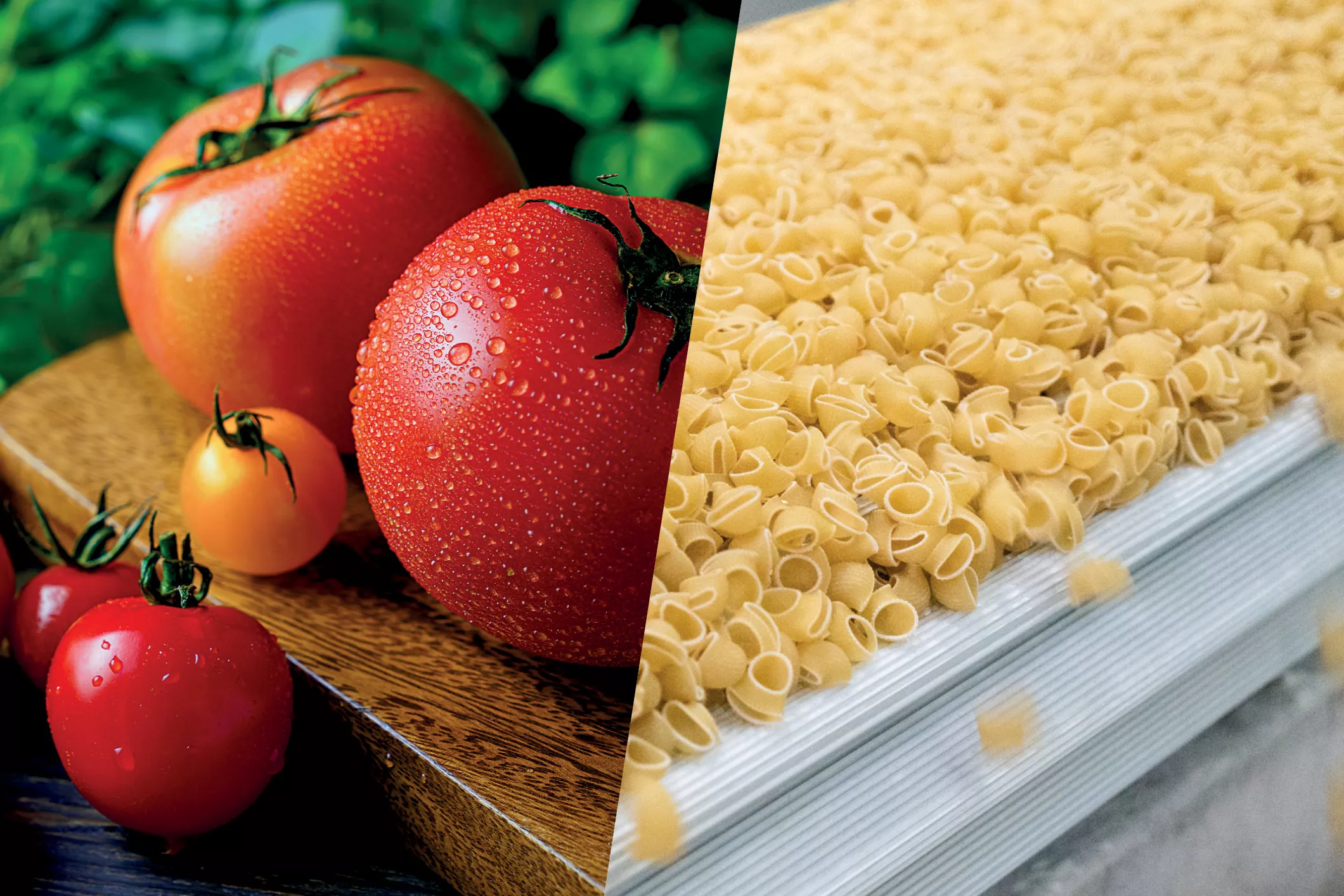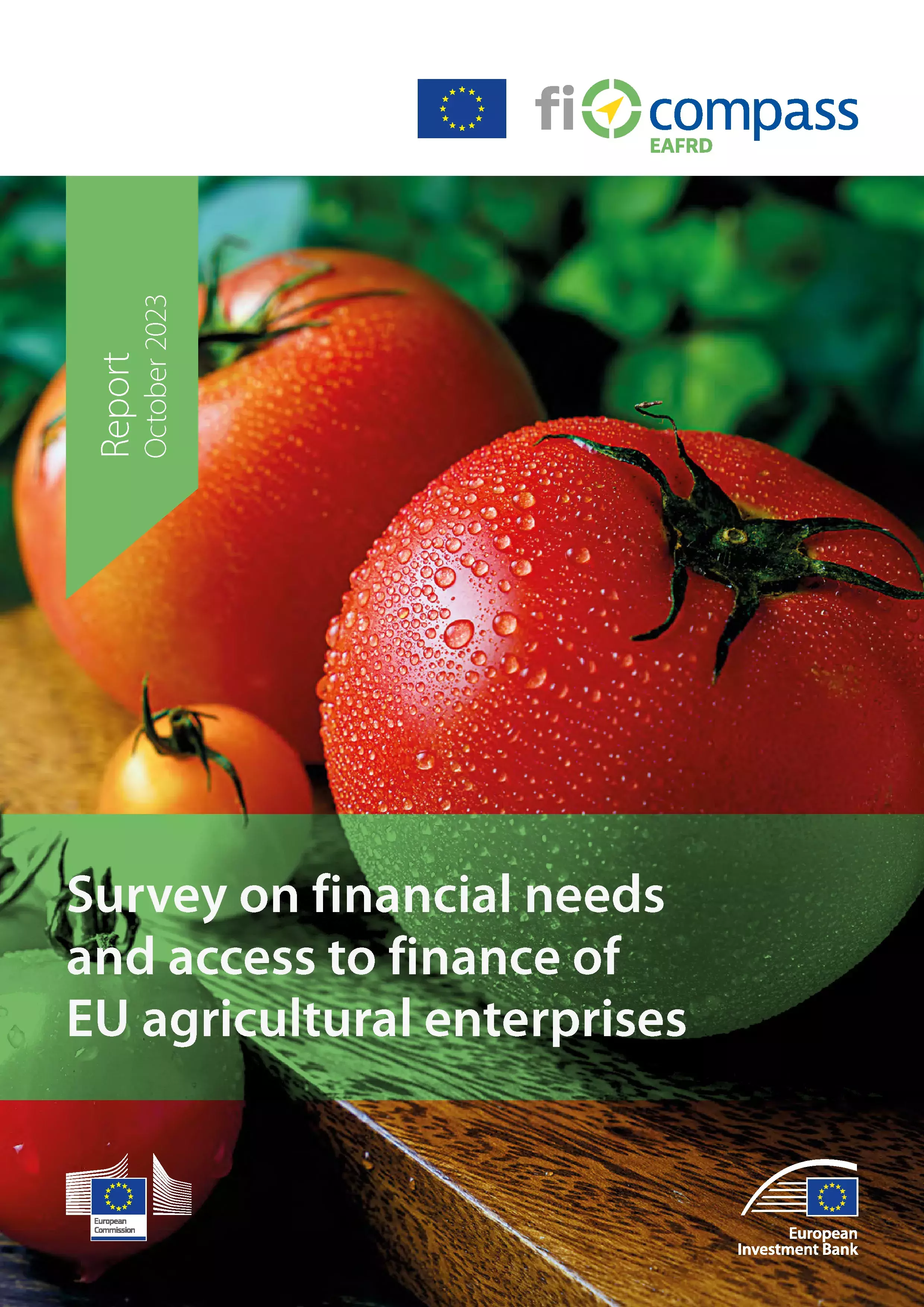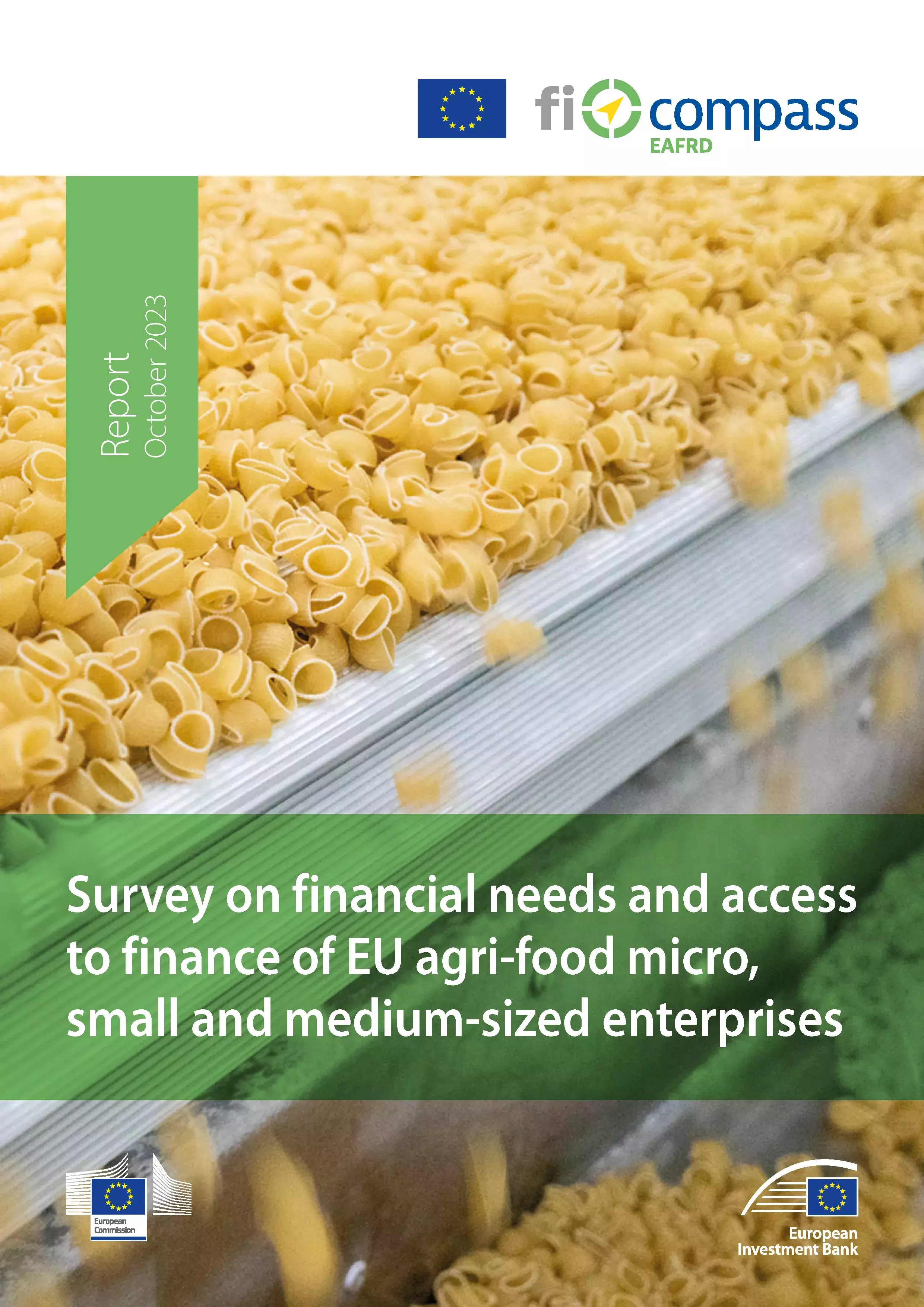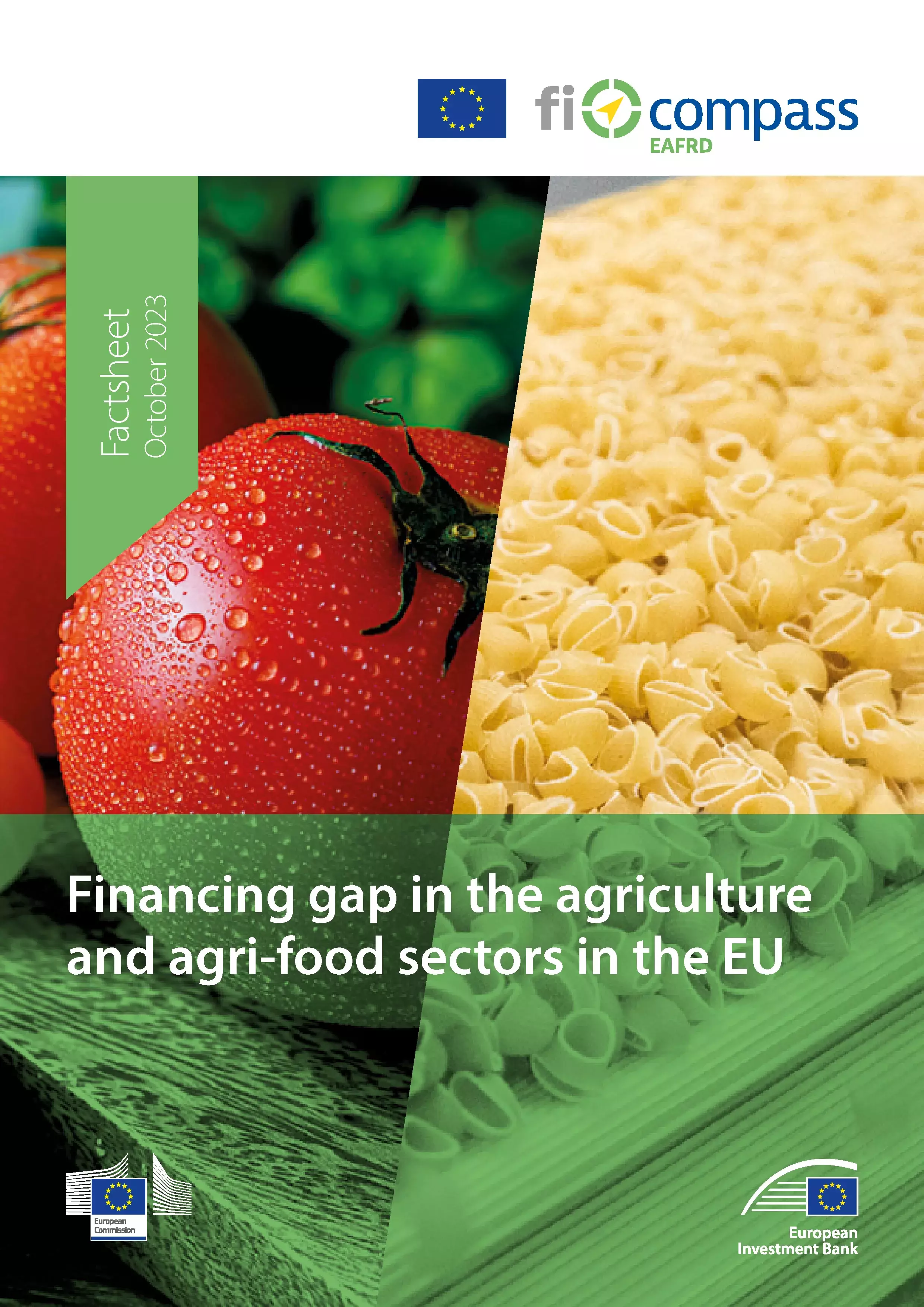The unmet demand of farmers for financing by banks has reached €62 billion in 2022, according to two surveys presented today by Commissioner Wojciechowski at the 9th annual EU conference on EAFRD-funded financial instruments. Small farms and young farmers are being most affected by this lack of loans and financial investments. For SMEs processing agri-food products, this financial gap amounted to €5.5 billion, with significant variations across Member States.
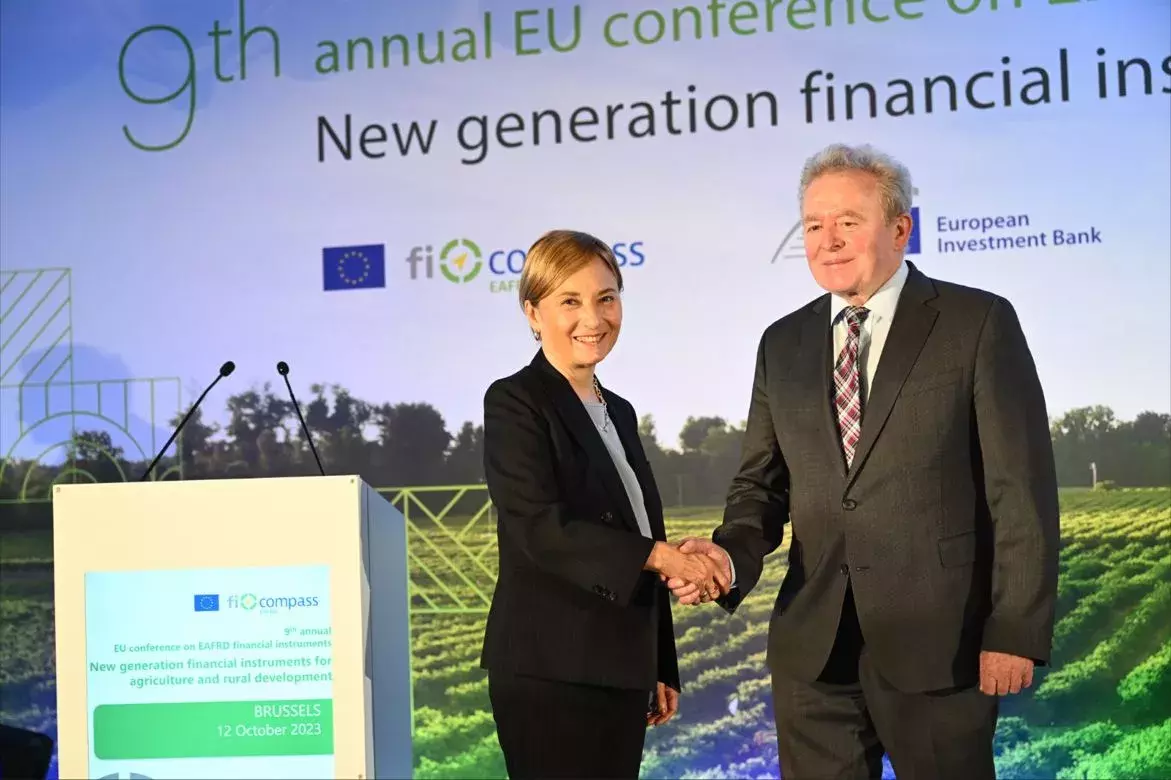
In his opening speech, in front of over 250 representatives from managing authorities, financial institutions, agricultural experts, and agro-food industry representatives gathered in Brussels Commissioner Janusz Wojciechowski, said:
EU banks’ requirements on farmers are heavy and stringent, making it very difficult for agricultural producers and young farmers to compete with other businesses from the economy where the output may be seen on the day after the company is created. It is critical that the financial market opens up to financing farmers on an equal footing and that Member States focus on the use of financial instruments in their CAP Strategic Plans.
The European Investment Bank, who was co-organising the conference, also presented a survey about selected banks active in financing agriculture. Gelsomina Vigliotti, Vice-President of the EIB, said:
Building on our long-lasting collaboration with the European Commission, the Climate Bank of the EU stands ready to join forces to support investments for a more climate resilient and sustainable agriculture and bioeconomy sectors. The sheer scale of investment needed in the sector requires that we use the scarce public funding available wisely. We need to leverage more private sector investment, and this is where financial instruments have a role to play. Our comprehensive lending and advisory toolkit can support our intermediary clients in their journey towards making more use of financial instruments in the future.
To assess the situation in the agriculture and the agri-food sectors, 6 550 EU farmers and 2 389 EU agro-food businesses (SMEs) were surveyed. The last survey of this kind dated from 2017. While the financing gap for agri-food processors decreased by €6.3 billion and is now at €5.5 billion, the unmet financial needs of farmers (primary producers) almost doubled since 2017. It stood at €33 billion in 2017 and it is now at €62 billion. Rejection rates have declined compared to year 2017, but average loan amounts, asked by farmers, have increased, leading to bigger amounts not being covered.
Loans above seven years remain difficult to obtain. This category accounts for 58% of the gap. The agriculture survey shows that 37% of all rejected farm loans in the EU was due to the unwillingness of the banks to expand their support to agriculture. In another 20% of the cases, the banks have considered the project proposal, or the farm, as non-viable.
When looking at investment types, the agriculture survey concludes that €18.9 billion’s worth of investments linked to the green transition of the sector had not been met in 2022. These investments would have been used for example to set up organic production, increase the use of digital solutions or advanced machinery to optimise the use of fertilisers, improve the protection against drought and flood or reduce energy and fuel consumption in farms.
Small farms and young farmers are being the most impact by this insufficient access to financial instruments. In the case of young farmers, more than 50% of all their applications were declined due to restrictions in bank policy, whereas the corresponding rate for older farmers is 32%. Almost 30% of the rejected for financing young farmers were also considered ‘high risk’ by the banks against 4% for older farmers.
Between 2023 and 2027, €8.5 billion of CAP funding will support the setting-up of young farmers in the EU. Regarding financial instruments, 12 Member States allocated a total of €997 million to investments through financial instruments. Under the CAP, Member States have the right to establish preferential rates and conditions for target groups (for example young farmers) in the context of the financial instruments for investments. The latter may also be used for purchase of land with no restrictions on its size to help young farmers set up and support generational renewal.
The European Commission, via the fi-compass platform, will now conduct three additional studies to continue its close assessment and monitoring of the financial situation of the agri-food sector in the EU. There will be focusing on the financing of the food supply chain in the EU, and on the support for green investments by EAFRD (European agricultural fund for rural development) financial instruments. Another report will look deeper into the situation of certain agricultural sectors, particularly impacted by insufficient financing: field crops (cereals and vegetables) and animal production (dairy, poultry).


